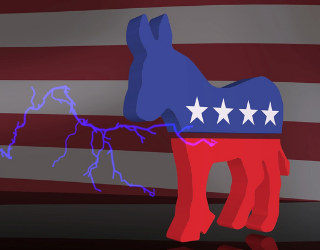Recall the Democrats proposed a $3 trillion stimulus proposal (the HEROES Act) and the Republicans countered with a $1.1 trillion proposal (the HEALS Act). After the parties reached an impasse, the Republicans issued a new, $650 billion “skinny” relief bill that the roundly criticized by Democrats. Then, a bipartisan group of House lawmakers, calling themselves the Problem Solvers Caucus, released a $1.5 trillion stimulus proposal to help negotiators bridge the gap between the parties. Among the provisions in that proposal is one that would add a second, $240 billion round of PPP loans, allowing for flexible use, full transparency, simplified forgiveness, and prioritization for distressed businesses. It would also include $50 billion for targeted employee retention tax credits.
The President indicated he likes “the large numbers” in that proposal, though that puts him at odds with members of his own party. The proposal from the Problem Solvers Caucus did not address the most pressing issues for current PPP borrowers – whether existing PPP loans will be tax-free (meaning no expense disallowance as announced in IRS Notice 2020-32) or whether there will be simplified loan forgiveness for some subset of borrowers, e.g., those with loans under $150,000 or $350,000.
Further complicating the parties ability to reach compromise on stimulus legislation is the Republican’s desire to confirm before the election a replacement for the late Supreme Court Justice Ruth Bader Ginsburg. Although Democrats may be powerless to stop the confirmation, they do have the ability to hold up other legislative business in the hope of stopping or slowing the Republican’s march to confirmation.
2020 Election Tax Policy Resources
The only thing we can say for certain is that the legislative process is inherently uncertain. While recent stock market volatility would suggest a stimulus deal is unlikely, anything can happen and compromise can be reached at any time.
contact a member of Withum’s National Tax Services Group.



